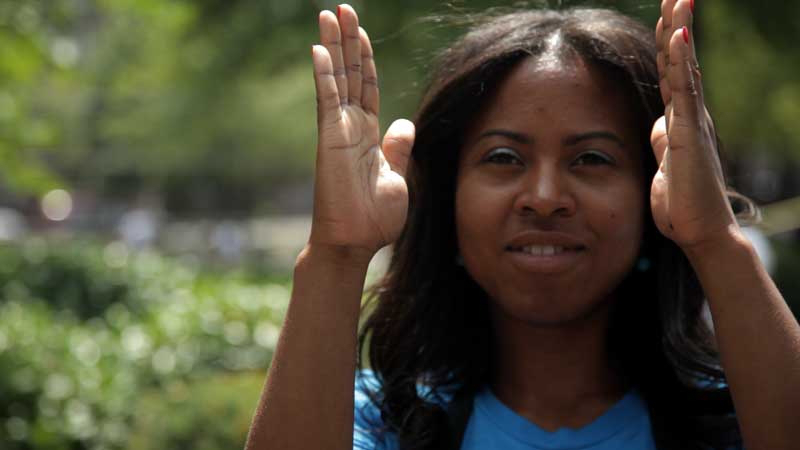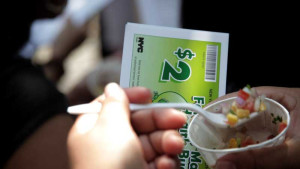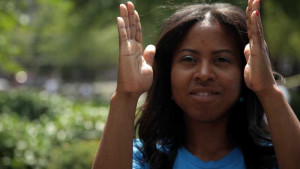Our Prostates, Ourselves: The Persistence of Shame in Discussions of Men’s Health
I may be in the cheering section when I hear others urging the transparent and shameless public discussion of health issues. The problem is that I don’t think I’ve ever been very good at it when it has been my health issue.
Which leads — prepare for a jarring transition — to my prostate. I had a biopsy done last Monday. I wanted to share some of what went through my mind as I hopped on the table doing deep breathing exercises, preparing for a distinctly unpleasant procedure.
For close to two decades, I have been teaching an undergraduate class at Hunter College that has examined the representation of disease and illness in media and culture. Much of the class has necessarily focused on HIV/AIDS and other health issues. In recent years, I have taught a related graduate version of the course. You’ll have to trust that in the classroom I have been able to speak about these topics explicitly and without shame.
And actually done it pretty well.
I may be in the cheering section when I hear others urging the transparent and shameless public discussion of health issues. The problem is that I don’t think I’ve ever been very good at it when it has been my health issue.
Which leads — prepare for a jarring transition — to my prostate. I had a biopsy done last Monday. I wanted to share some of what went through my mind as I hopped on the table doing deep breathing exercises, preparing for a distinctly unpleasant procedure.
For close to two decades, I have been teaching an undergraduate class at Hunter College that has examined the representation of disease and illness in media and culture. Much of the class has necessarily focused on HIV/AIDS and other health issues. In recent years, I have taught a related graduate version of the course. You’ll have to trust that in the classroom I have been able to speak about these topics explicitly and without shame.
And actually done it pretty well.







